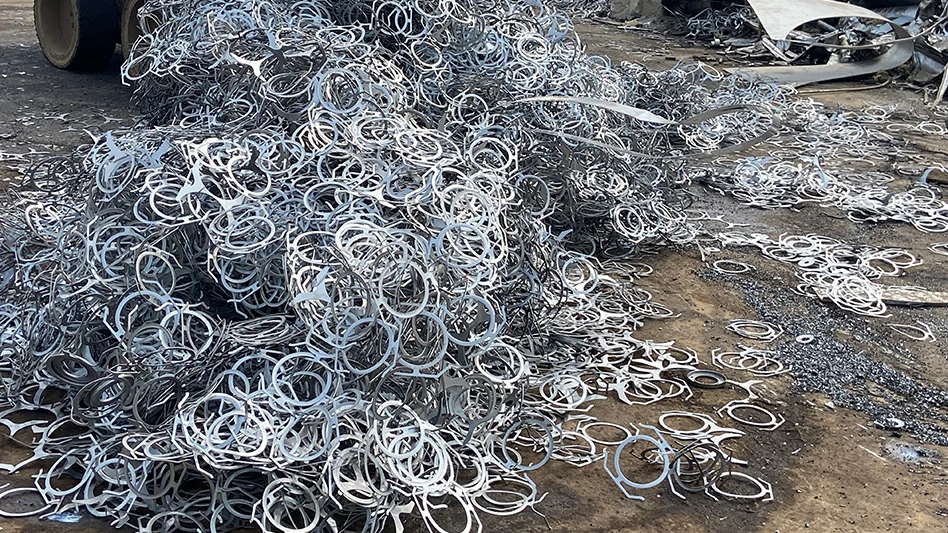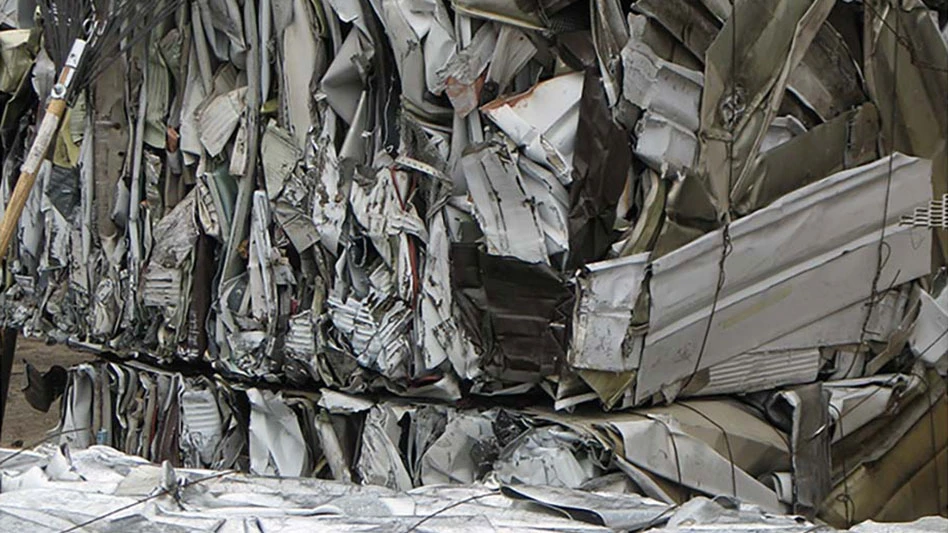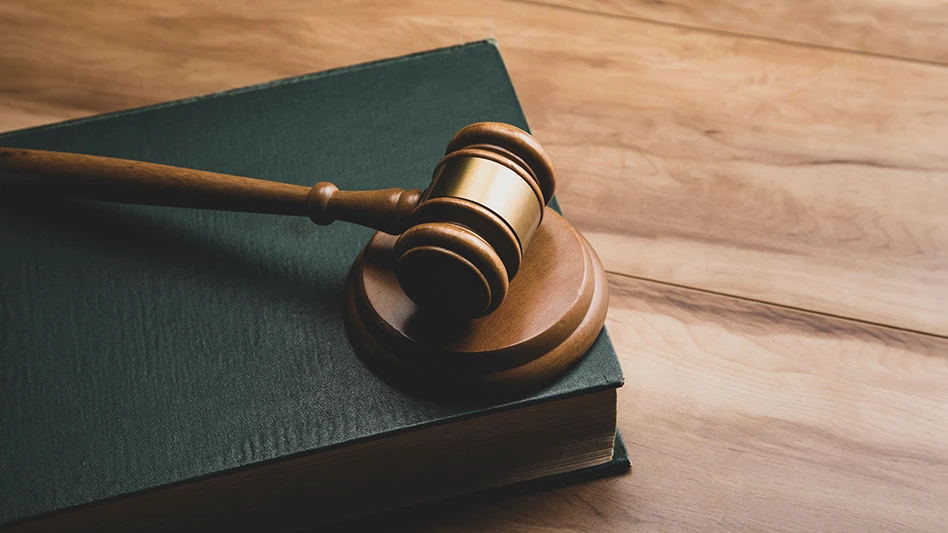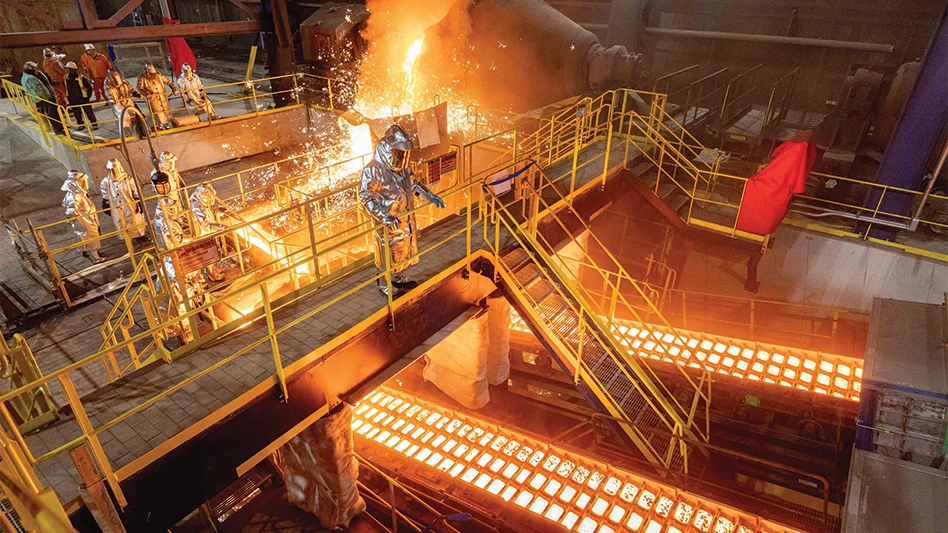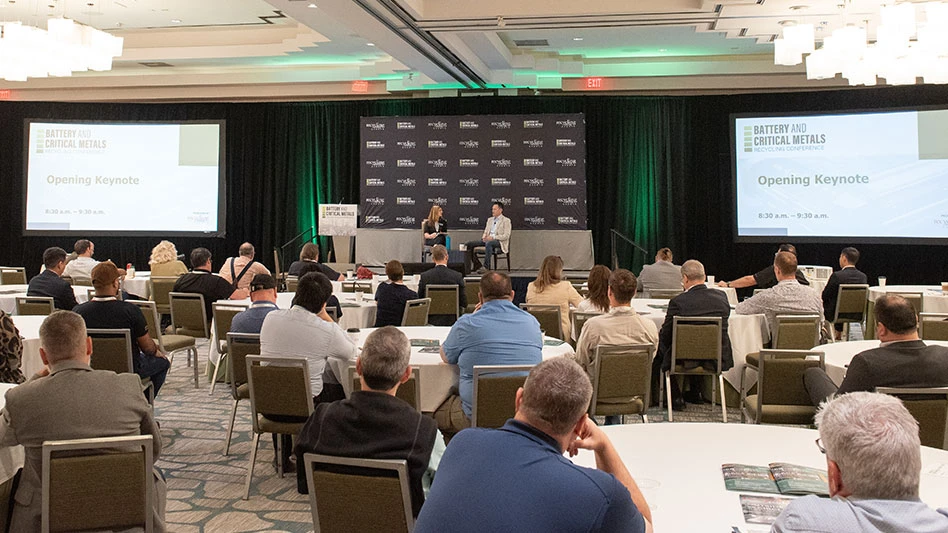
Coca-Cola Great Britain has announced its plans to double the amount of recycled plastic used in its bottles in Great Britain. All 20 of the company’s brands, including the Coca-Cola range, Sprite, Fanta,
A new deal with Clean Tech, which operates Europe’s largest plastic bottle reprocessing facility in Lincolnshire, will help Coca-Cola achieve this goal. The multimillion-pound commitment to purchase recycled plastic from Clean Tech will see Coca-Cola build on its five-year relationship with the company and source all of the recycled plastic it uses from within Great Britain, the company says. It also means that once bottles have been recovered and recycled, they will return to shop shelves as part of new packs in as few as six weeks.
Coca-Cola says further changes are needed to the recycling system in Great Britain to allow the company to increase its recycled content use beyond 50 percent. More plastic bottles must be recovered and recycled to increase the availability of high-quality recycled plastic fit for food use, the company says. Therefore, as part
Jon Woods,
He continues, “We want to see all of our packaging recovered and recycled, and our new strategy sets out how we will start work to achieve that."
At present, only 70 percent of cans and 57 percent of the plastic bottles used each year are recycled, according to figures from Alupro.org.uk and Recoup. While better than recovery rates in some countries, Coca-Cola says changes should be made to increase recycling rates. In its new sustainable packaging strategy for Great Britain, the company sets out the key actions it will take and the areas in which it will seek to partner with others to improve the recovery and recycling of drinks packaging to help stimulate the circular economy and reduce litter.
The new strategy is focused on three key areas:
- Continuing to innovate to ensure its packaging is as sustainable as possible. In addition to ensuring that all of its
packaging is 100 percent recyclable, Coca-Cola will double the amount of recycled plastic in every one of its bottles over the next three years to 50 percent by 2020. - Investing in marketing and advertising to promote recycling and encourage behavior change. As part of the new strategy, Coca-Cola is launching a new multimillion-pound communications campaign designed to inspire more people to recycle. At the heart of the campaign is an ad called “Love Story,” which will run on TV at the end of July and also run across cinema and digital channels. The advert features two love-struck plastic bottles who are parted and then reunited when they are recycled. The campaign will reach 35 million Britons by the end of this year, according to the company. Coca-Cola also will be putting a new recycling message on bottles later this year and promote recycling to 6 million people at festivals and events.
- Championing reform of the recycling system in Great Britain to ensure more packaging is recovered and recycled. The company says it will continue to work in partnership with others, including the governments of Great Britain, to improve the current packaging recovery system. It will give its support to well-designed new interventions that increase recovery and recycling rates, including deposit return schemes.
As part of its commitment to support DEFRA’s (Department for Environment Food & Rural Affairs) working group on voluntary and economic incentives, Coca-Cola says it will seek to advance its knowledge of how consumers are motivated by an incentive-based scheme by testing an on-the-go bottle recovery and reward program. This trial will examine the behavioral impact of reward schemes and help inform future national approaches to reducing litter and increasing collection and recycling rates. More details on these trials will be announced later this year, the company says.
“In the strategy, we have focused on the actions we can take as a business—such as our ability to communicate to consumers the importance of recycling—as well as the areas where we want to work in close collaboration with others to reduce litter and increase the recovery and recycling of plastic bottles. Our ambition—and our ability to go further in the future—requires reform of the packaging recovery system, and we will work with others to bring about the changes that are required to ensure all our packaging is recovered and recycled.”
Coca-Cola says it will report on progress against the strategy annually, and it will be working closely with external organizations and experts to review activity, impact and refine its new strategy accordingly.
"Doubling the amount of recycled material in all of our plastic bottles is a significant investment and sends a clear signal that we want to play a positive role in supporting the circular economy here in Great Britain," Wood says. "We hope that others in the food and drink industry will follow our lead and look to use recycled plastic in their packaging.”
Latest from Recycling Today
- Takeuchi adds Southwestern US manager
- McNeilus unveils fully integrated, electric front-loading collection vehicle
- CalRecycle releases SB 54 updates as new year begins
- Regenx receives funding from the National Research Council of Canada Industrial Research Assistance Program
- GFL Environmental Inc. to sell majority stake in Environmental Services business to Apollo, BC Partners
- SPR launches automated bifacial solar panel recycling line
- MBA Polymers UK offers ABS to global market
- Tariffs likely rising on inbound steel, aluminum and copper

